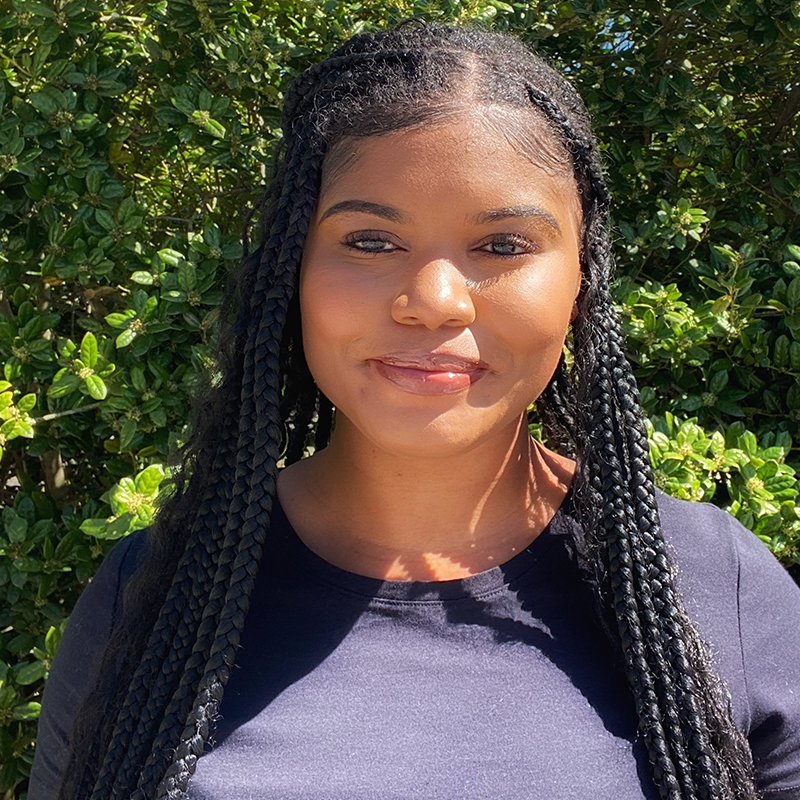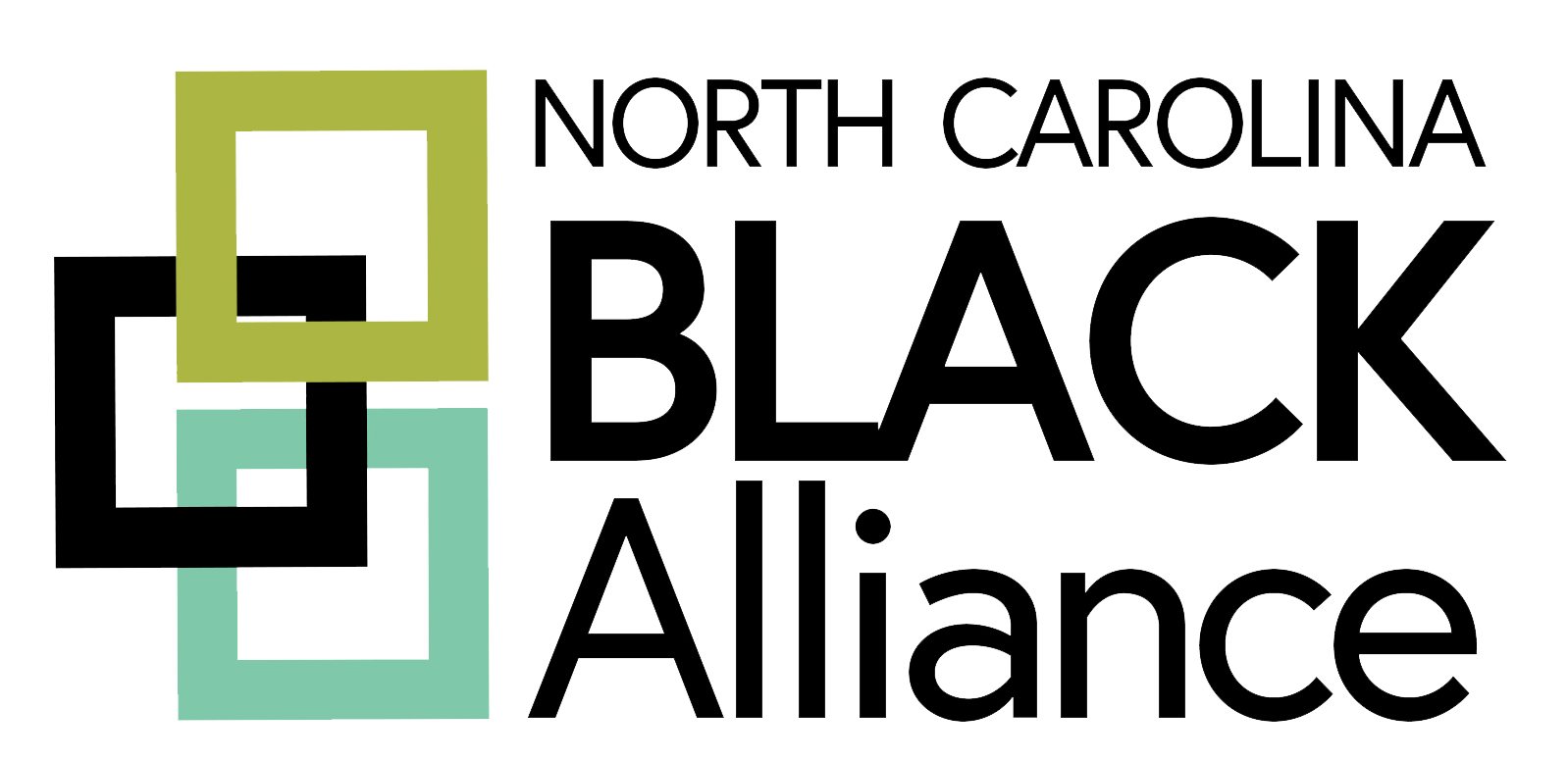National Minority Mental Health Awareness Month
National Minority Mental Health Awareness Month is observed each July to help bring awareness to the types of adversity and challenges that BIPOC (Black Indigenous People of Color) communities face. It is a monthly reminder to take care of oneself and that checking in on your mental health and wellness is important.
Since the outbreak of COVID-19, people have gradually returned to their “normal lives” since the pandemic. However, because the pandemic impacted each of our lives differently, some individuals are still trying to recover. Mental health concerns have also been at an all-time high and have affected those of all ages. Suicide rates and overdoses are affecting the youth in BIPOC communities. According to the North Carolina Child Health Report Card, “One in five North Carolina high school students reported seriously considering attempting suicide in 2021.” More than one in 10 children ages 3-17 in North Carolina had a diagnosis of depression or anxiety in 2020 – a 49% increase from 2016 (North Carolina Child Health Report Card).
There is a gap in the diagnosis and treatment of mental health for BIPOC communities, and access to mental health resources can vary. Some of the barriers that impact access to mental health resources include experiencing discrimination, substance abuse, losing a loved one, having a traumatic experience, rent increase, finding a job, making a living, providing for a household, self-reminding to taking care of yourself, not having access to health care, and not having mental health resources in rural, and black and brown communities that are accessible. These barriers are considered weathering stressors and levels of adversity that could harmfully impact the overall well-being of BIPOC communities.
According to Amy, a physician based in Western, rural North Carolina, her patients “have never been outside of the county, and actually going into town to see a provider, to have the resources to do that is a pretty big issue. The stigma to actually say you need help is quite profound. Also, I think a lot of folks with really strong roots in their church, in their religious community, sort of believe that it’s inappropriate to have both a therapist and a preacher, so they feel like they’re going against their family, their church.”
Black and Latino North Carolinians are less likely to receive mental health services. Making these services accessible to BIPOC and rural communities is just the first step. Resilience has become an instinct and coping mechanism that is often insufficient and should not be a substitute for mental health resources. BIPOC communities are frequently overlooked and need the support of mental health services and behavioral health investments. Also, decreasing stigmas in BIPOC communities allows for BIPOC individuals to seek the resources and help they need.
Most importantly, there is a need for Medicaid expansion in this area so that BIPOC communities in North Carolina can afford the mental health care they need. Grant funding would help provide services in rural communities and schools by adding more school counselors trained in mental health to support the needs of students. Financially, these are two approaches to expanding access and getting the community involved with policymakers to address mental health crises in rural communities.
Often overlooked in conversations regarding accessibility to services are students and their access to healthcare resources. Many students gain access to healthcare they previously could not afford or did not have access to before enrolling in school. While enrollment in a university helps students gain temporary access to important healthcare services, such as mental health support, Medicaid expansion would ensure that students can continue accessing these resources without concerns about affordability.
“I worry sometimes that when I graduate, the mental health services that were helping me get through the tough times I had in school will no longer be available. I am unsure what’s next after I graduate and if I can even afford these services because they were provided for free while I was in school. My peers also relied on these services when they were experiencing family losses and mental health breakdowns too. Mental health cannot be taken care of or resolved in six months. It is definitely a process just to open up and to get through the dark times, especially when you feel alone or don’t have the support you need at home.”
Moriah, a Health major and Class of 2023 student at Duke University
Resources:

India Rockett
Health Equity Fellow
